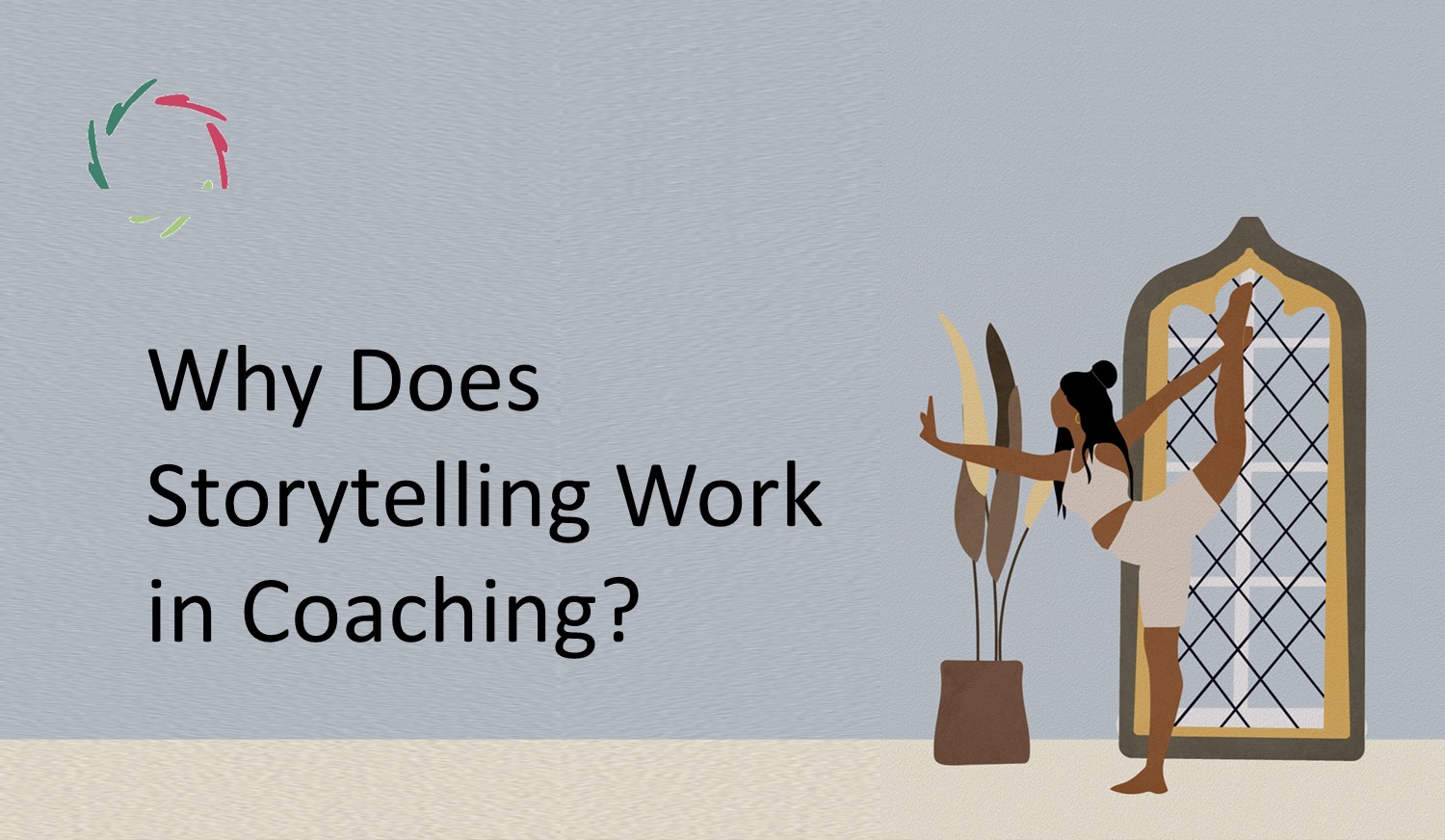Can Lisa Unify Psychotherapy?

Bold question. Please don’t take it too seriously (for the time being). Lisa might help in unifying the domain of psycho-therapy through bringing a detached perspective in combination with an in-depth view upon mental change based on insights from neurocognitive science.
Even so, this is only the beginning and the end. What comes between is also crucial.
If you don’t know her, please [see: “Lisa“].
Psycho-therapies are semi-ideologies
One can see this in heated discussions between adherents of different schools, even while no school seems to contribute much to psycho-therapy’s overall effectiveness. [see: “Psycho-therapy vs. Psychotherapies”] Meanwhile, many psychotherapists pragmatically regard themselves as eclectic or integrated. This means that either 1) they make their own mix of methodologies, or 2) they act as they see fit, regardless.
Even so, within the schools, the us-them fighting continues and even appears to become more contentious, for instance, in social media (private communication). In any case, much of the fighting is related to different worldviews, views upon the human being, and ideological value systems, starting with what exactly may be the goal of psychotherapy. [see: “What is Success in Therapy?”]
Thus, unifying the domain of psychotherapy amounts to what resembles unifying ideologies. [see: “How to Unify Ideologies”]
Lisa (and AURELIS) is not psychotherapy.
Nevertheless, it takes at heart the core of what is common to psychotherapy in general. More precisely, it is bent on subconceptual processing/communication and Compassion.
I see it as mental hygiene. This is important for people in sickness as well as in health. [see: “Lisa = Mental Hygiene“]
Common to psychotherapies, forever
[see: “Non-Specific Factors of Therapy”]
Within this commonality, the AURELIS choice principally goes to empathy. [see: “Empathy vs. Placebo”] From this, the subconceptual arrow points to Compassion. [see: “Only Compassion Works”]
The last link also contains a bold view. Even if taken to the extreme, there is still a place for psychotherapeutic methodologies in that any of these may enhance the possibility to bring empathy/Compassion.
Meanwhile, unification in four steps
Please make sure to see this in the light of [see: “How to Unify Ideologies”] The following is just a try-out of what this could mean in this specific case, in the most abstract way. Ideally, this is a gentle slope towards the future:
- Emotionally distancing therapists from being basically right or wrong. Lisa can show in action and scientifically backed the commonality of Compassion. Theoretically, this brings therapists together already for the most part. This way, they may emotionally distance themselves somewhat from specific methodologies.
- In-depth touching therapists – as well as clients and prospective clients – through and towards Compassion. [see: “Essence of Compassion”]
- Inviting to view others from this deeper ground and as part of coaching. What does Compassion mean in-depth to any of the different schools? How do they specifically foster it? These are questions that can be built into any curriculum.
- Showing many ways towards patient-centeredness ― as total-person. This encompasses proper education about the ‘basic cognitive illusion.’ Many examples can be taken from Lisa.
I’m not pretending Lisa can or will surely accomplish this
and if so, that Lisa would be the best way.
If Lisa can lead to some positive influence on the field, that would be super. In view of the huge psychological and psycho-somatic need, any possible positive step needs to be taken seriously.


